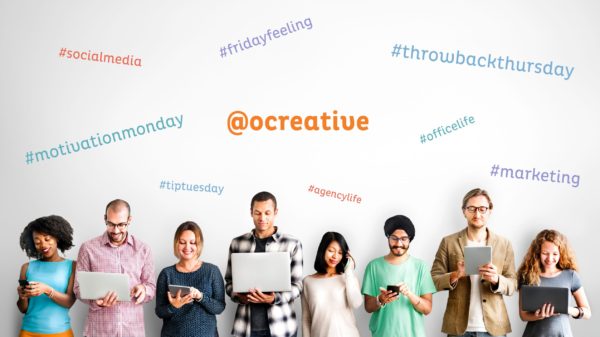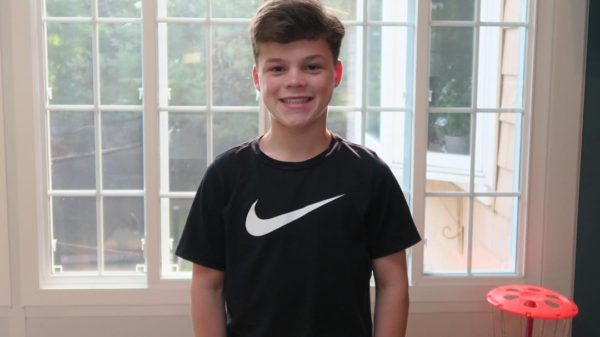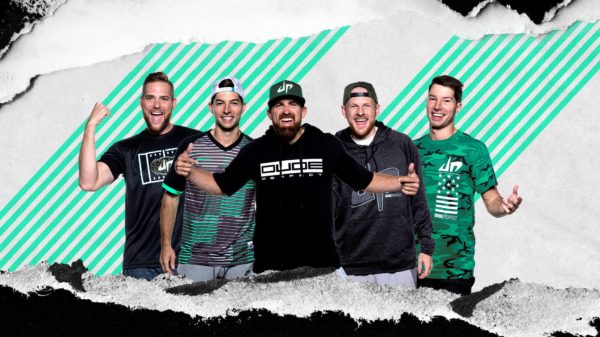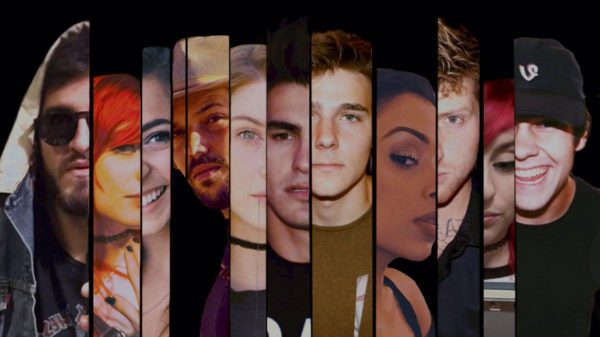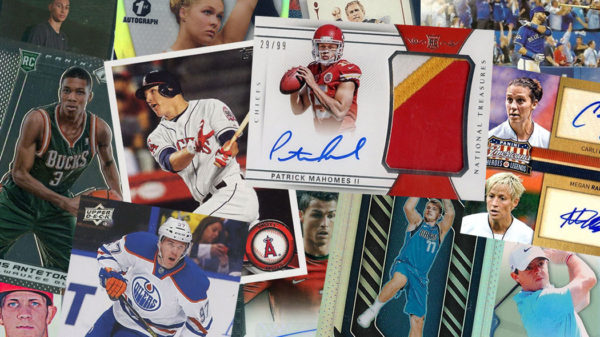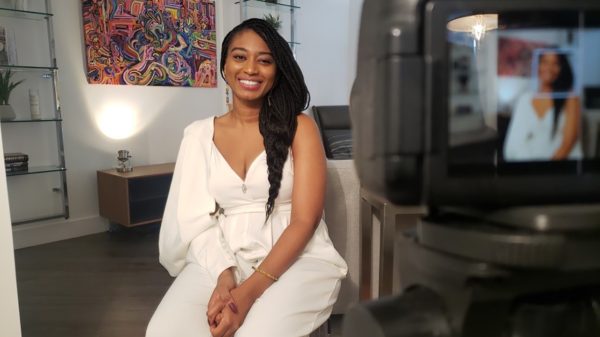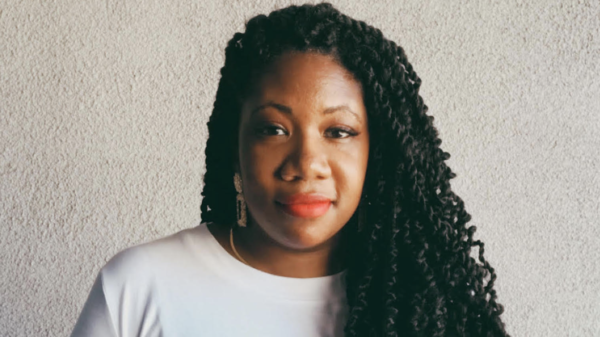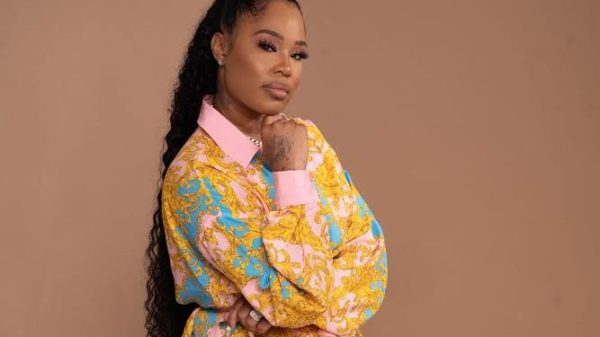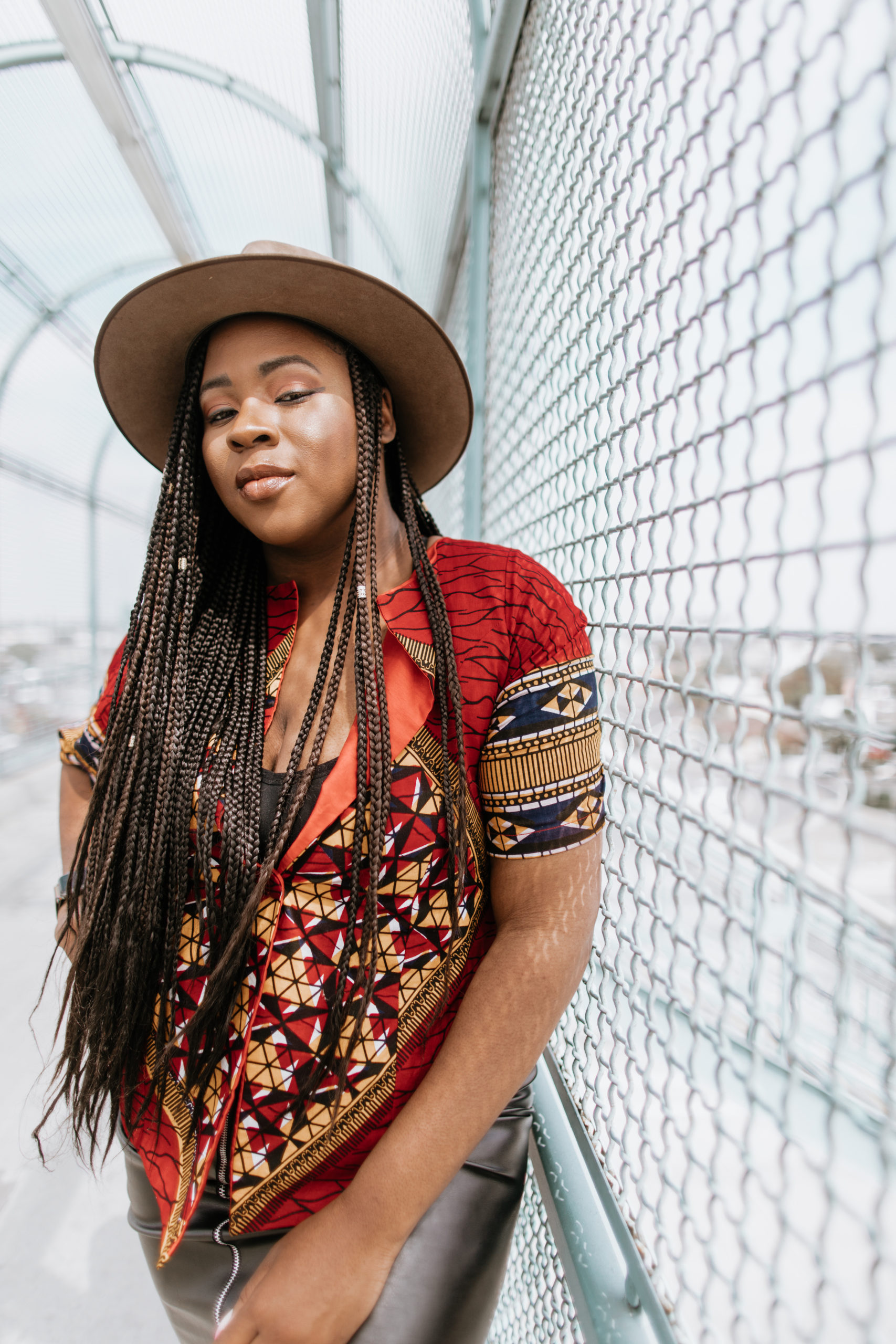Earlier this year the horrific death of George Floyd was captured in an 8 minute 15 second video that went viral. During that time there was a corporate scramble to make a difference and present an image of social accountability when it comes to the way black and brown people are disportionately treated by the social justice system.
Digital Marketing Maven, Dimplez is making it her business to highlight the need for artists to have representation by people who look like them. Named as one of the music industry’s most sought after digital marketers, the Founder of IJEOMA Agency, a full service digital marketing company, has spent over a decade strategizing digital campaigns for some of the largest record labels, artists, and agencies. The Nigerian born and raised social activist has extended her expertise on speaking panels such as SXSW, Women in Music Conference, ASCAP Urban and more.
I got a chance to interview Dimplez about the initiatives the music industry needs in order to progress and what changes need to occur in order to see more diversity and inclusion in the board rooms. Here’s what she had to say.
You started your company based on the premises that you firmly believe artists need representation from people that look like them. Going on to express how uncommon it is to have that lack of representation, elaborate more on why its is so imperative to see the likes of a familiar face on an artist’s immediate team?
With Black artists and entertainers, it is very rare that their teams consist of people who look like them. In our industry a lot of roles are predicated on relationships and nepotism, and those coveted entry points are hard to seep into. Though it is widely encouraged for a Black artist to have Black team members, it is not the standard. Earlier this year when George Floyd’s death went viral, there was a an urge to see change and hone in on an image of social responsibility. The only teams that did not worry about the lack of tonality were teams that are led by Black executives. A team that looks like the artists they sign and the audience they speak to, has a deeper understanding on what impacts their talent without the need for performative action.
You have built a career strategizing digital campaigns for artists, agencies and record labels. Being in the forefront of the music industry what changes and initiatives do you want to see happen?
Personally, I’d also love to see more room made for non-traditional applicants. We place such a great emphasis on secondary education that we almost miss true value in those not directly in-line with business or marketing. The doors should be open for anyone truly willing to learn and do the work. Not everyone has the ability to intern for a year in the field they’d really like to work in.
The music industry is notorious for binding black artists to 360 deal contracts that enslave the artists and there work to the label. Amongst amending contracts as one the major necessary actions that need to take place, how can black artists protect themselves and their work from bad deals?
Black artists need to start studying the business side of the music industry and coming to the table with their own lawyers. The moment an artist decides they want to make money off of their art, ignorance can no longer be the excuse. Artists should know and study how the business really works, where the money is made, and how to maximize margins. Arm yourself with the knowledge to put your best foot forward. Your lawyer can’t properly represent you to the fullest if you don’t ask the right questions, but you won’t know what to ask if you haven’t taken the proper steps to educate yourself.
With notable partners and clientele like Lee Daniels. Twitter, Spotify, Universal Music Group, Sony Entertainment, Tidal, Red Bull and so many more what would you say has been the most valuable piece of advice you’ve learned thus far with such a diverse portfolio?
The most valuable piece of advice that I’ve learned, has been to never constrain my vision based on where I think I should be. As human-beings we tend to limit ourselves to ideas we can immediately see, but that’s an absolute waste of time. What’s in your head? What story are you trying to tell? Who are you trying to impact? How do you want people to walk away feeling? Who do you need involved and what steps do you need to hit in order to get there? Answers those questions, and begin on your game plan. Oftentimes my ideas feel beyond reach, or downright crazy, but that’s when I know they’re right.
Acknowledgement of equity is a big topic in the industry currently. Many artists sign deals that ultimately forfeit their ownership rights to their music, in exchange for bonuses and minor perks up front. When it comes to sales and streaming, the payout seems to be extremely low compared to the time invested in creating, touring, and being the sought after public figures they are. What can artists do moving forward to ensure they aren’t receiving the short end of the stick?
Artists need to start considering taking the smaller deal or advance. The current business model positions the label as a bank with creative, branding, and label services. The collateral you use against your advance (or “loan”) is your creative output ( music). The smaller the deal the less you owe upon return. If you can forgo an advance, even better. The overall idea is to make sure that the resources being spent are within your marketing and label services budget. Keep all the extra to only what’s necessary. It’s a little less lavish, but will only benefit you in the long run.
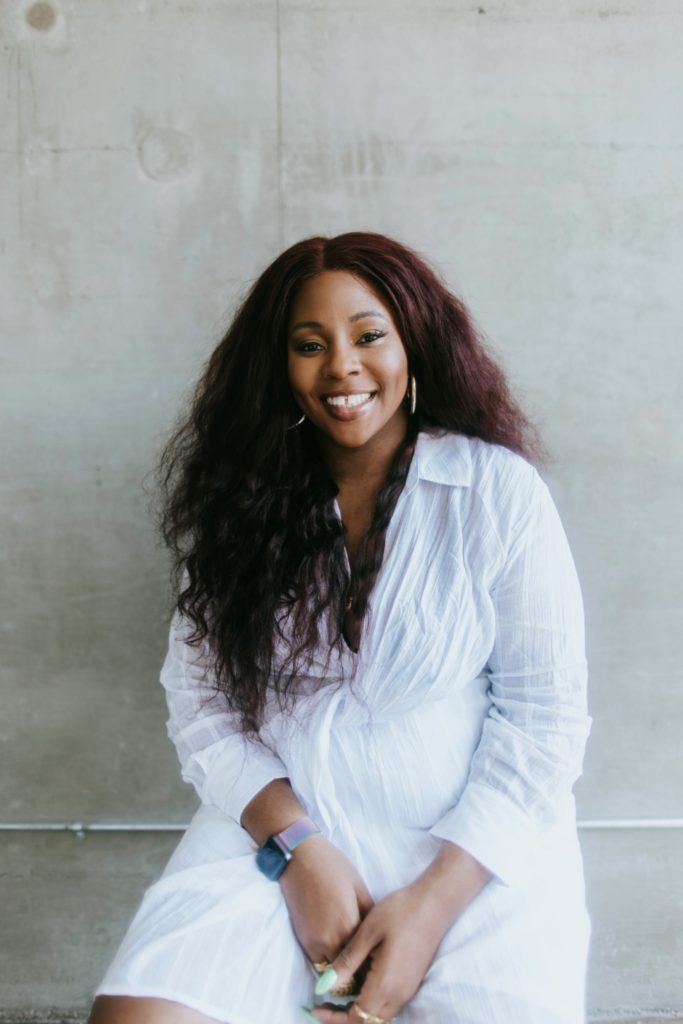
The shameful treatment of black artists pushes the issue of needing more black faces in executive roles. It seems to be a large factor at hand where older white men are in higher roles of power and POC’s are stuck at mid-level roles with no room for growth. What would you suggest the labels/industry do to incorporate diversity in the boardroom?
The easiest way to incorporate diversity is by adding more seats to the table and creating a pathway from entry-level to c-suite executive. The pathway to senior-leadership is limited because oftentimes people don’t know what it takes to get elevated and there aren’t enough roles. Those that are stuck in the mid-level gamut haven’t been given the opportunities to grow, are overlooked or are simply overworked. I think labels should take a holistic assessment of their internal staff and reconfigure to be more inline culturally without overwhelming on the bandwidth. There’s ample opportunity for growth, but there has to be a longstanding commitment to inclusion.
When it boils down to representation on the day-to-day level of artists such as managers, publicists, lawyers, and accountants, do you believe there is a duty that each of these roles have been neglecting and if so how can they do better to help serve their clients best interest?
The one thing a team can do to better to serve their artist, is to be radically honest. A lot of core teams fail to express to the artist that they cannot do the work or want the success more than they do. Sometimes an artist will build out a super team—the very best manager, publicist, marketer, lawyer… you name it—but will fail to show up to do the work every day. Having such a great team can make an artist feel like they don’t really have to do as much as they did before, but when the right team is in place that’s the time to intensify. The window of opportunity is infinite, don’t miss your shot.
Can you share with us your Top Three Tips to making it big in the music industry?
My Top Three Tips to making it big in music are pretty simple –
–Have a strong brand. — Who are you and what story are you trying to tell?
–Be a unique creative. — How are you telling your story? Is your music good? Does your sound cut through the noise?
–Be consistent. — It took Lizzo 2 years of consistency after releasing “Truth Hurts” for It to pick up traction and go on to become a smash hit. Keep at it.
Opinions expressed by AsianBlurb contributors are their own.

Corein Carter is Los Angeles based Journalist, Media Analyst and Content Curator. She’s been published on several outlets such as Blavity News, Sheen Magazine and xoNecole. You may recognize Corein's captivating voice and well rounded perspectives from her fast growing podcast " Play on Words”. Keep up with her journey on Twitter and Instagram @inlivingcolored











